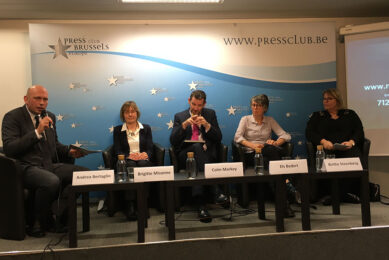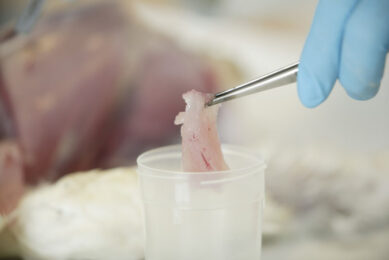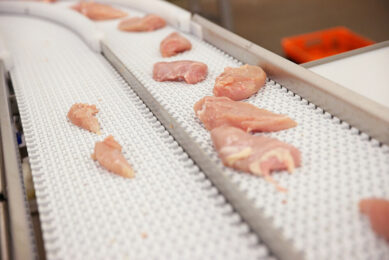Russia to auction poultry import quotas
The Russian government is planning to change the mechanism of meat and poultry import quotas allocation by selling part of them through the auction, Russian media reports.
According to sources in the Russian government, this will help to stimulate competition in the Russian meat market, making it more competitive in Europe. However, most of the local producers believe that this will only harm the local industry resulting in monopoly and higher prices.
According to the press service of the government, for the next 3 years meat import quotas for beef, pork and poultry will be changed. For example, poultry quotas in 2010 will amount to 780,000 t versus 931,000 t in 2009, while in 2012 they will be reduced up to 550,000 t.
In addition, the Russian government has also agreed to a mechanism for quotas allocation: starting from the next year 70% of the quotas will be divided among the producers on a historical basis (based on the volume of imports in 2007-2009), while the remaining 30% will be put up for auction. The government believes that this approach is optimal and provides the development of strong competition in the Russian meat market.
Meanwhile, most of the Russian meat producers have already criticised the new measures. According to the chairman of the Russian Agri-Industrial Union, Ivan Obolentsev, the new measures may undermine the market, leading to shortages of meat, higher prices for it and the expansion of foreign companies, while a CEO of the Russian Institute of Agricultural Market of Russia Dmitry Rylko believes that a new way of quotas allocation will contribute to price increases.
By Evegen Vorotnikov













